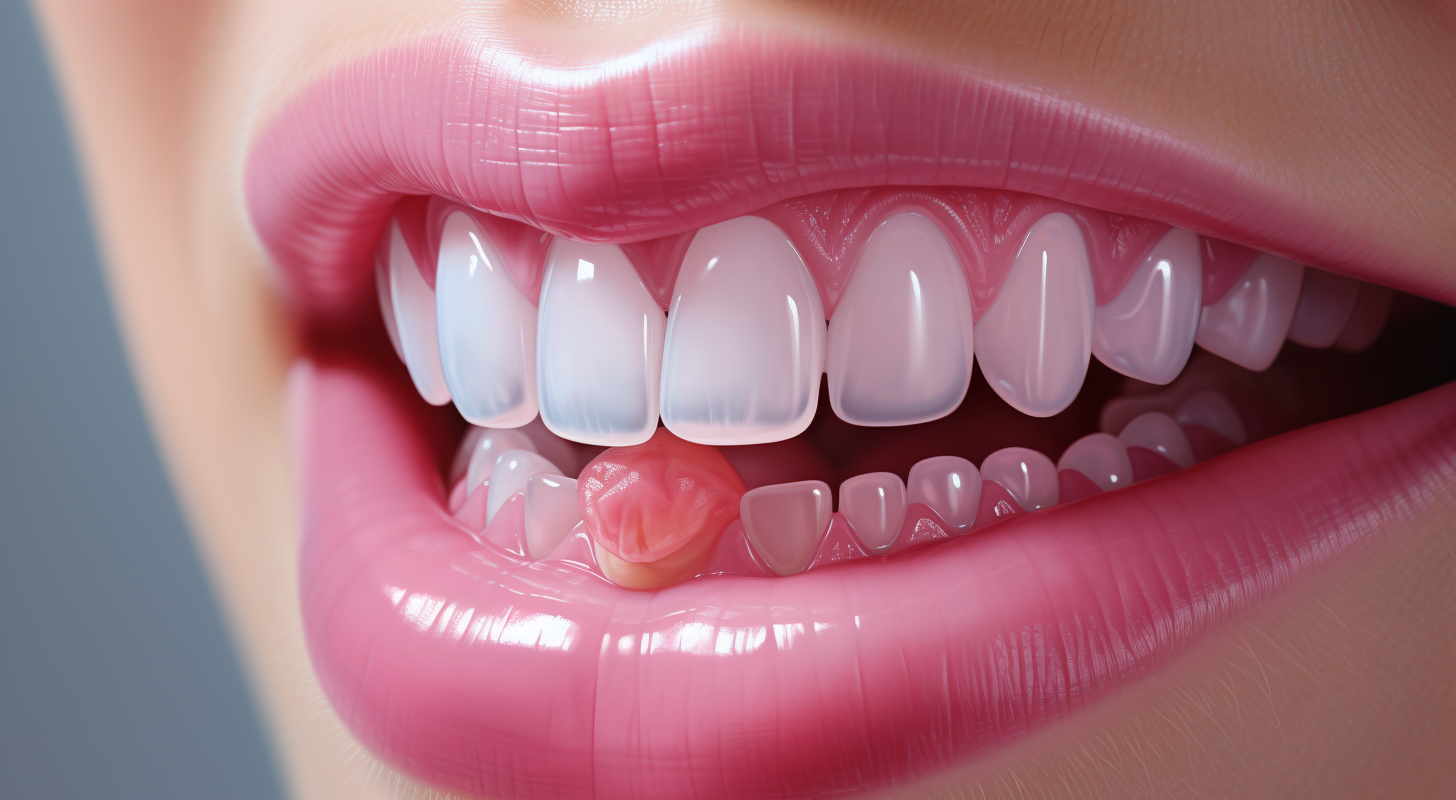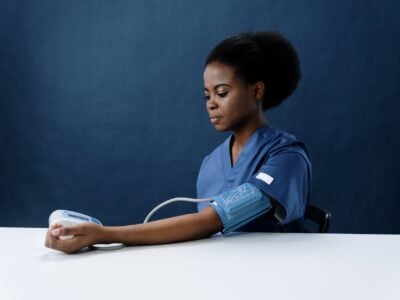As people age, it becomes increasingly important to take care of oneself in order to maintain a healthy and happy lifestyle. There are many ways to do this, from exercising regularly to eating a healthy diet to getting enough sleep. In this article, we will explore some tips for taking care of yourself as you age.
One important aspect of taking care of oneself as you age is staying active. Regular exercise can help maintain muscle mass, improve balance and coordination, and reduce the risk of chronic diseases such as heart disease and diabetes. It is important to find an exercise routine that works for you and to stick with it, whether that means going for a walk every day or joining a gym.
Another important aspect of taking care of oneself as you age is eating a healthy diet. This means consuming plenty of fruits, vegetables, whole grains, lean protein, and healthy fats while limiting processed foods, sugar, and saturated and trans fats. A healthy diet can help maintain a healthy weight, reduce the risk of chronic diseases, and provide the body with the nutrients it needs to function properly.
Nutrition for Healthy Aging
Maintaining a balanced diet is essential for healthy aging. A diet rich in fruits, vegetables, whole grains, lean proteins, and healthy fats can help reduce the risk of chronic diseases and maintain overall health.
It is recommended that older adults consume a variety of fruits and vegetables, aiming for at least 5 servings per day. Whole grains such as brown rice, quinoa, and oats are also an important part of a balanced diet. Lean protein sources such as fish, poultry, beans, and nuts are important for maintaining muscle mass and strength.
Healthy fats found in foods such as avocado, nuts, and olive oil can help reduce inflammation and improve heart health. It is important to limit intake of saturated and trans fats found in processed foods and fatty meats. Take a look at the best ppf here.
Sugar and alcohol should be consumed in moderation as they can increase the risk of chronic diseases and negatively impact overall health. Older adults should also be mindful of their portion sizes and aim to eat smaller, more frequent meals throughout the day.
Supplements and vitamins may be necessary to ensure adequate nutrient intake, but it is important to consult with a healthcare provider before starting any new supplements.
Overall, a balanced diet consisting of a variety of nutrient-dense foods is key to healthy aging.
Foot Clinic
As people age, their feet go through changes that can lead to discomfort and pain. To take care of their feet, seniors should visit a foot clinic regularly. Foot clinics offer a range of services, including nail trimming, callus removal, and treatment for foot problems like bunions and corns.
Seniors with diabetes should be particularly careful about foot care, as they are at risk for complications like infections and ulcers. Foot clinics can provide specialized care for diabetic feet, including education on foot care and monitoring for potential problems.
Regular foot care can also have positive effects on overall health and well-being. Foot massages and reflexology can reduce stress, promote relaxation, and improve mood. Seniors who take care of their feet may also experience improved mobility, balance, and cognitive function.
To find a foot clinic, seniors can consult with their doctor or search online for local providers. Many clinics offer home visits for seniors who are unable to travel.
Antiaging Devices
As people age, they may notice changes in their skin, such as wrinkles and fine lines. While these changes are a natural part of the aging process, some individuals may wish to slow down the effects of aging. One option to consider is an antiaging device.
Anti-aging devices are designed to help reduce the appearance of wrinkles and fine lines, as well as improve skin tone and texture. The devices use various technologies, such as ultrasound, radiofrequency, and LED light therapy, to stimulate collagen production and promote skin cell regeneration.
Before using an anti-aging device, it is important to consult with a doctor to ensure that it is safe for use, especially if the individual is taking any medications or has a family history of skin conditions. Regular checkups with a doctor can also help monitor cholesterol levels and identify any potential health concerns.
One example of an anti-aging device is the Sofwave ultrasound device offered by Xcite Tech. This device uses ultrasound technology to stimulate collagen production and improve skin elasticity. It is a non-invasive option that can be used on various areas of the face and body.
In addition to using an anti-aging device, it is important to maintain a healthy lifestyle by eating a balanced diet, staying hydrated, exercising regularly, and protecting the skin from sun damage.
Gum Health and Aging
As people age, they become more susceptible to gum disease. Gum disease is a common condition that affects the gums and bones that support the teeth.
There are several things that people can do to maintain good gum health as they age. These include:
- Brushing and flossing regularly: Brushing and flossing help to remove plaque and prevent gum disease. It is recommended that people brush their teeth twice a day and floss at least once a day.
- Eating a healthy diet: A healthy diet can help to prevent gum disease by providing the nutrients that the gums need to stay healthy. Foods that are high in vitamin C, such as citrus fruits and leafy green vegetables, are especially beneficial for gum health.
- Quitting smoking: Smoking is a major risk factor for gum disease. Quitting smoking can help to reduce the risk of gum disease and improve overall oral health.
- Regular dental checkups: Regular dental checkups are important for maintaining good gum health. During a dental checkup, the dentist can check for signs of gum disease and provide treatment if necessary.
In addition to these tips, there are also several signs of gum disease that people should be aware of. These include:
- Red, swollen, or tender gums
- Bleeding gums
- Receding gums
- Persistent bad breath
- Loose teeth
If a person experiences any of these symptoms, they should see a dentist as soon as possible. With proper care and treatment, gum disease can be prevented and treated effectively.












